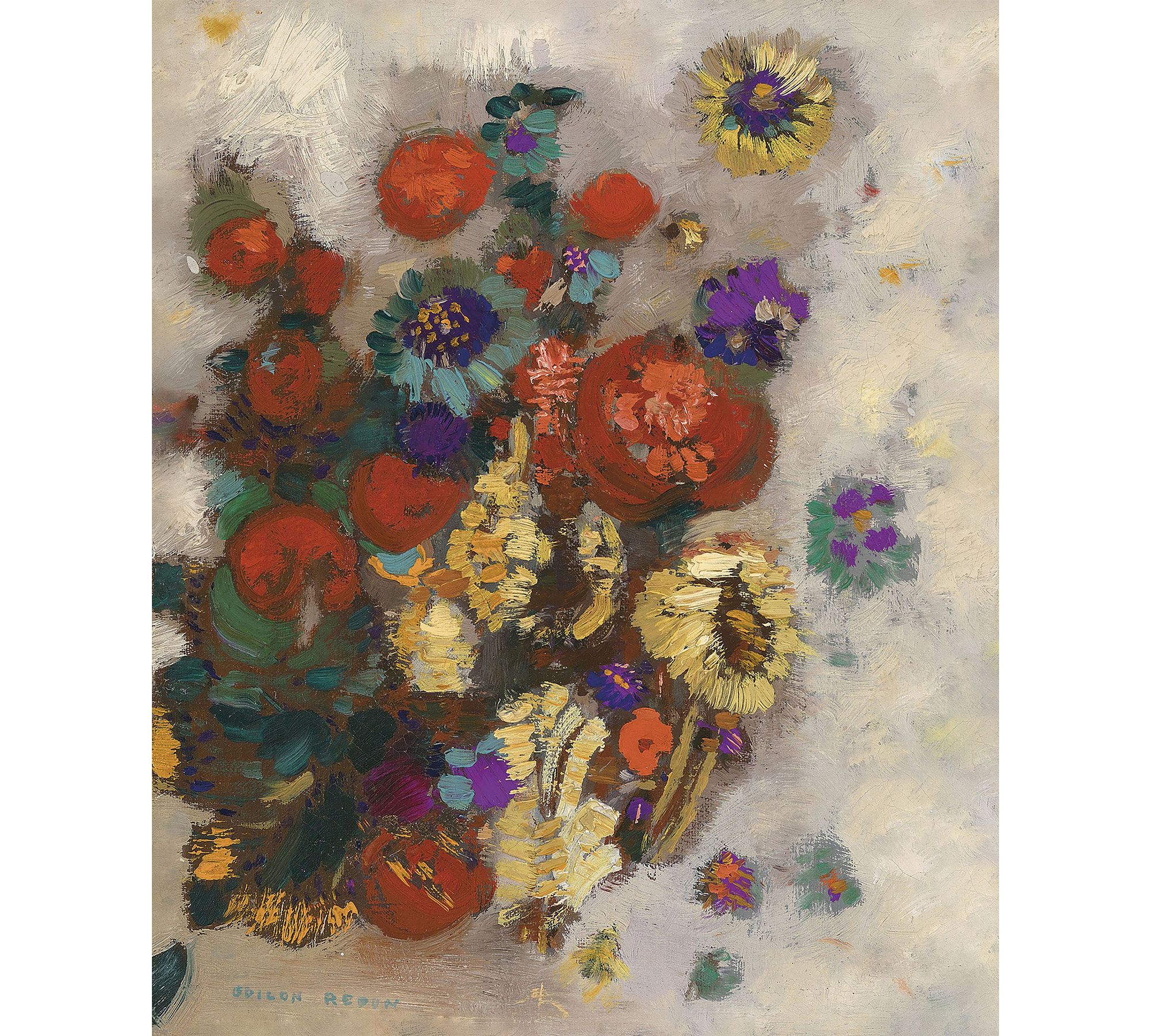Home
NINETEEN IMPRESSIONS
Barnes and Noble
NINETEEN IMPRESSIONS
Current price: $8.95


Barnes and Noble
NINETEEN IMPRESSIONS
Current price: $8.95
Size: Paperback
Loading Inventory...
*Product information may vary - to confirm product availability, pricing, shipping and return information please contact Barnes and Noble
An excerpt from the Introduction:
The mesh of the net is very fine; so fine that even when the eye of the would-be observer is pressed close to this apparently impervious web, nothing can be seen. It is true that the scientist who habitually adopts this method of peering is occasionally visited by an impression of something bright beyond, something that shines. But he hardly ever records that impression. It is so elusive; and it comes only at those times when he is not deliberately seeking it. This impression of something elusive that shines cannot be counted as a contribution to exact knowledge.
Other methods of observation, all the tricks and devices of the impatient to penetrate this veil about us, are little more successful. Nevertheless we are stirred now and again by exciting reports of discovery. Some mystic, or poet, or philosopher, or it may be a professed researcher into the immediate mysteries beyond the net, comes to us with news.
He claims to have seen or heard or experienced—occasionally even to have touched!—this commonly invisible, inaudible, intangible other thing. There is no news more wonderful than this, and our senses are stirred by strange thrills and ecstasies of hope. But always, after a little while, doubt returns. The great news appears on reflection to lack the authentic touch. At the moment we receive it, we respond without reservation. For a time we believe that we, too, have had a vision of the other thing. And, then, it is as if the tiny opening had drawn together again, and we find—an explanation. Nothing in the world is more depressing than an explanation. It is like dull, drab paint on what was once a shining surface. It hides the mystery of those half-seen depths that do reflect something, even if we cannot see clearly what the image is.
My metaphor has slid away from nets to mirrors, but I make no apology for that. The metaphor is of no importance. Any one will do, and the more you mix them the better chance you have to catch a passing impression of that elusive brightness. If you fix your thought on a single figure, on the net, for example, you will presently see the net and nothing else. And if you wish to look out, it is obviously useless to keep your eyes fixed on the sash bars or the deficiencies in the glass. Even this metaphor of "looking" will not hold for long; nor indeed any metaphor that belongs to the senses.
The best method of learning about the other thing is to keep all your senses employed, and your inner self free from any preoccupation with what your body is doing. This may appear to be a very difficult undertaking; and it is, as a matter of fact, impossible, if you deliberately try to set about it. Concentration, for example, is instantly fatal to success. What you want to achieve is dispersion. All these tiresome senses of ours must be amused, treated as little children, so that they may occupy themselves quietly and not come worrying us; and then for a moment or two we may find opportunity to leave them to themselves.
Genius through all time has sought desperate physical measures to distract the exigencies of these child senses. Alcohol and opiates and despairing excitements have been constantly used to evoke once more the opportunity for a released mind to seek the ultimate vision of inspiration. For when once that has come, no other satisfaction can take its place. It is a supernal joy that can find no equal in the acts and sensations of physical life. And all these desperate measures are but a means for escape to the deeper enjoyment that may follow them.
Another means that we do not consciously seek is that of pain. It seems as if that suffering inner being of ours could be goaded at last to separate itself. The perpetual nagging of the children becomes unendurable, and for a moment or two the mother closes her eyes and stops her ears and attains the peace of separation.
But perhaps the commonest means whereby we obtain an instant's separation, is through literature. Something in us responds, we forget our bodies, and for one fugitive moment it is as if there had come an opening and we had looked out. Or it is as if we crouched under a high cliff, driven by the pressure of a tempest, and that through the crashing, roaring tumult of wind and sea, we heard the mellow trumpet of a distant bell.
No enunciation of splendid maxims nor subtle turns of thought will bring these moments to us, through literature. Nor can I find them by reading the careful mysteries of those who write of fauns and naiads; the stories of those authors who appear to think that mystery died, if not with ancient Greece, at least in the Middle Ages. Indeed, I think that when we are reduced to seeking this other thing in the past, we have lost our ability to find it. This association of our delight with any such solid fantasy as the various homunculi we call fairies...


















